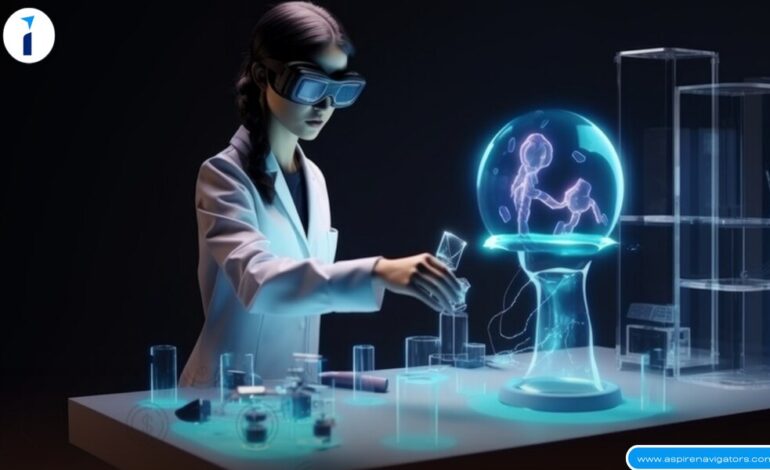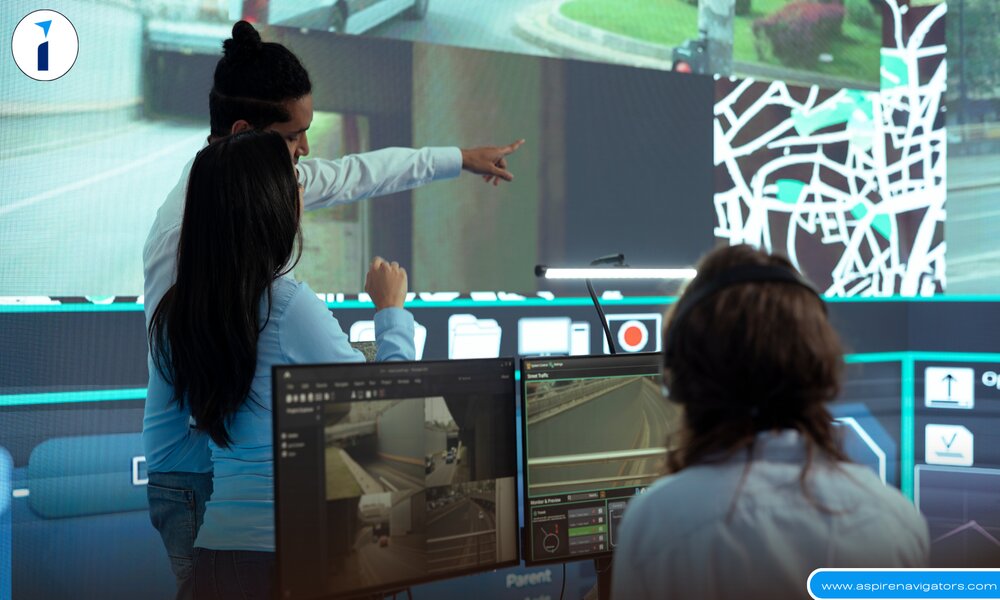AI-Driven Drug Discovery Accelerates Amid FDA’s Push for Alternatives to Animal Testing

Key Takeaways
- FDA is encouraging alternatives to animal testing, opening the door for rapid adoption of AI in drug research.
- AI platforms enable faster, cheaper, and more precise drug discovery compared to traditional methods.
- Major pharmaceutical companies are investing heavily in AI collaborations.
- Ethical benefits of reduced animal testing resonate with public demand and global policy shifts.
The pharmaceutical industry is experiencing a transformative moment as AI-driven drug discovery gains momentum. With the U.S. Food and Drug Administration (FDA) advocating for reduced reliance on animal testing, artificial intelligence is becoming a cornerstone in shaping the next era of drug development.
FDA’s Changing Approach
For decades, animal testing has been a regulatory requirement before clinical trials. However, recent legislation and FDA guidance highlight a significant shift. The agency is now encouraging the use of AI models, organ-on-a-chip technology, and advanced computational tools to accelerate drug approval pathways while minimizing ethical concerns tied to animal research.
Boost in AI-Driven Innovation
Biotech startups and pharmaceutical giants alike are increasing investments in AI platforms that can identify new compounds, predict toxicity, and streamline clinical research. These systems can analyze billions of data points within days, a process that traditionally took years. This acceleration not only saves time but also reduces costs, allowing companies to bring treatments to market faster.
Industry Adoption on the Rise
Major players, including Pfizer, AstraZeneca, and Novartis, are exploring partnerships with AI firms to expand their drug pipelines. At the same time, emerging biotech companies are leveraging AI to target rare diseases and niche therapies, areas that often lack sufficient funding due to high costs and limited patient populations.
Ethical and Regulatory Benefits
The rise of AI-driven drug discovery aligns with growing public demand for more humane testing methods. By reducing dependence on animal experiments, the industry addresses long-standing ethical debates. Regulators also see AI as a way to improve accuracy, since computational predictions can often highlight human-specific reactions that animal studies fail to capture.
Challenges and Future Outlook
Despite its promise, AI-driven approaches face challenges. Data quality, regulatory validation, and integration with existing R&D frameworks remain hurdles. However, experts believe that with consistent FDA support and industry investment, AI will become a mainstay in global drug development pipelines.
A New Era for Medicine
The convergence of AI-driven drug discovery and regulatory reform signals a new chapter for the pharmaceutical industry. As technology continues to advance, the possibility of safer, faster, and more ethical medical innovations is closer than ever.

























